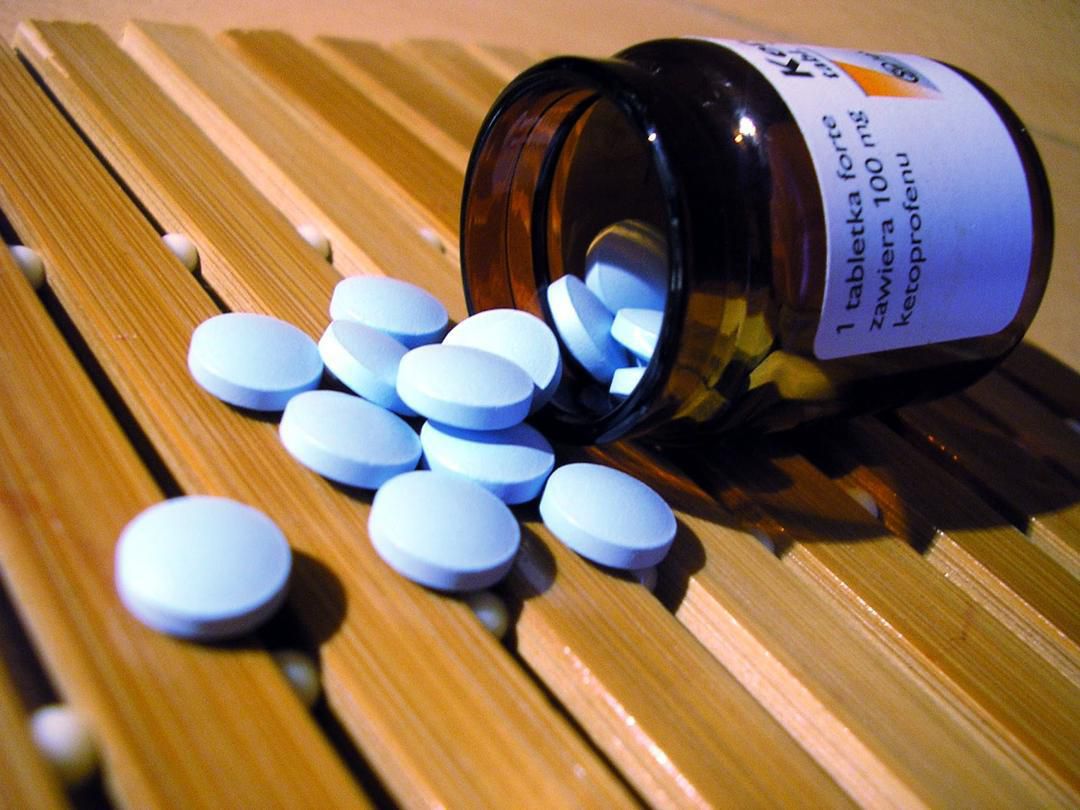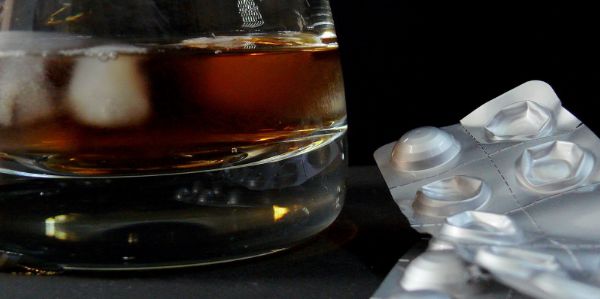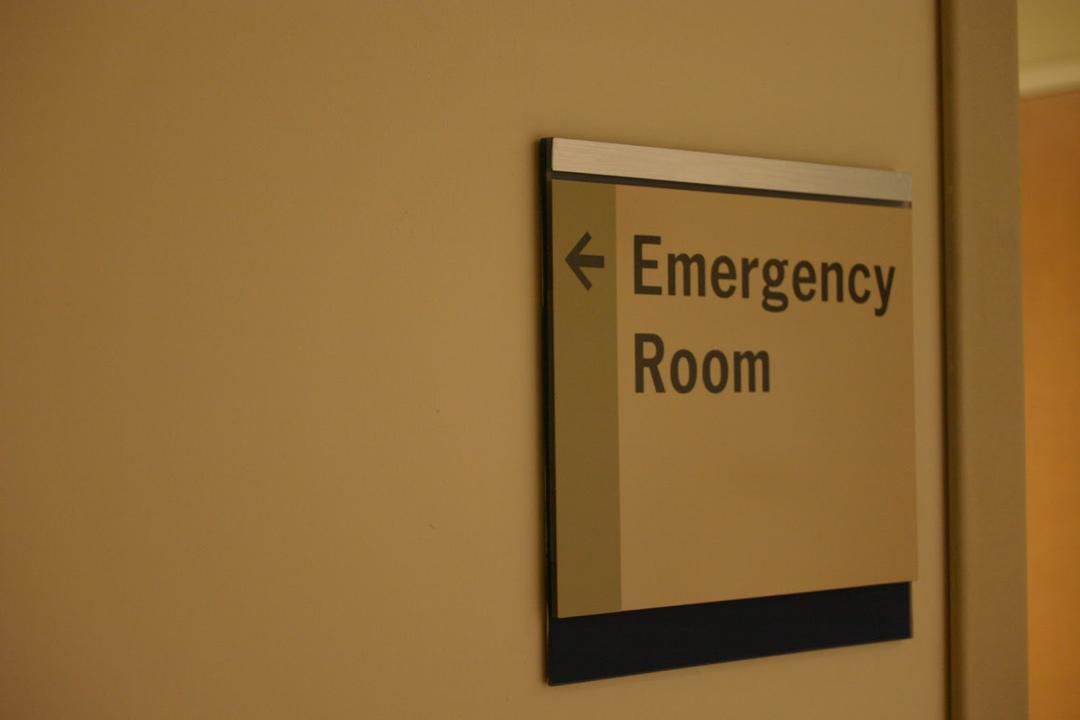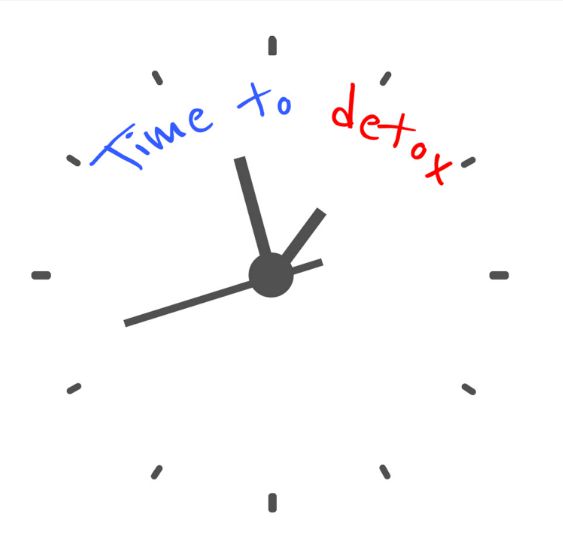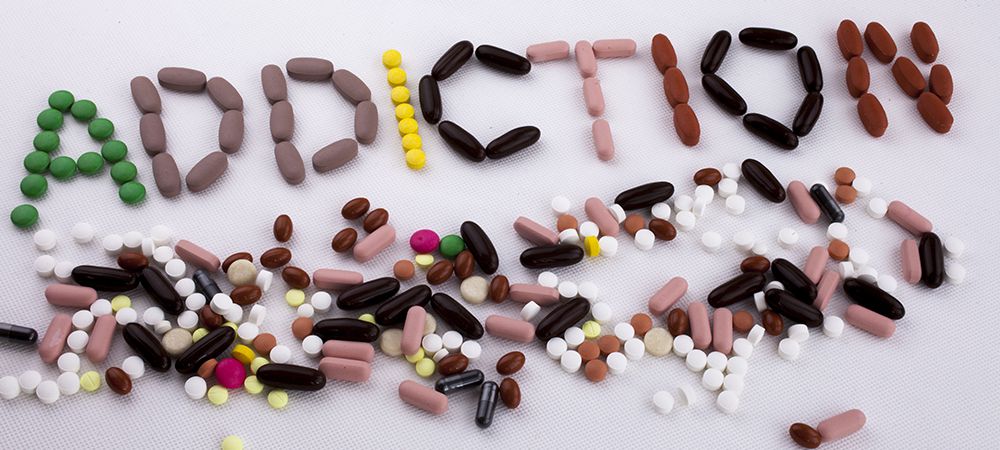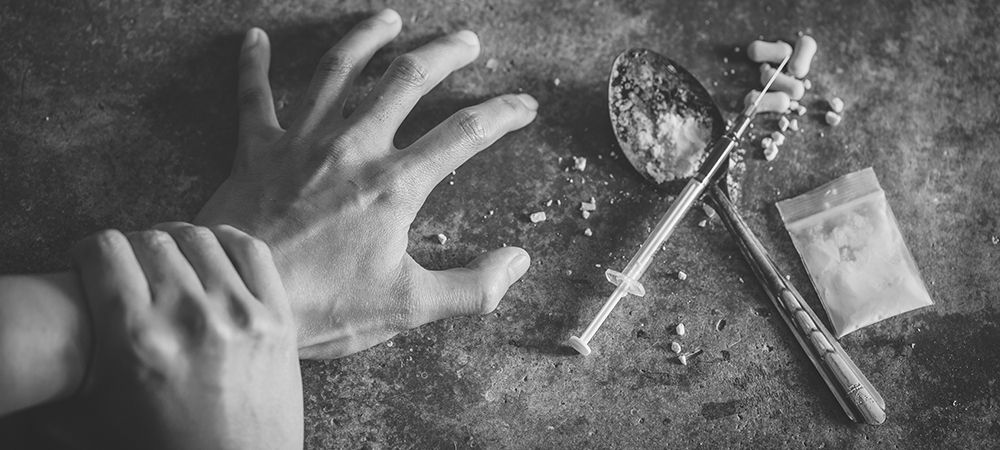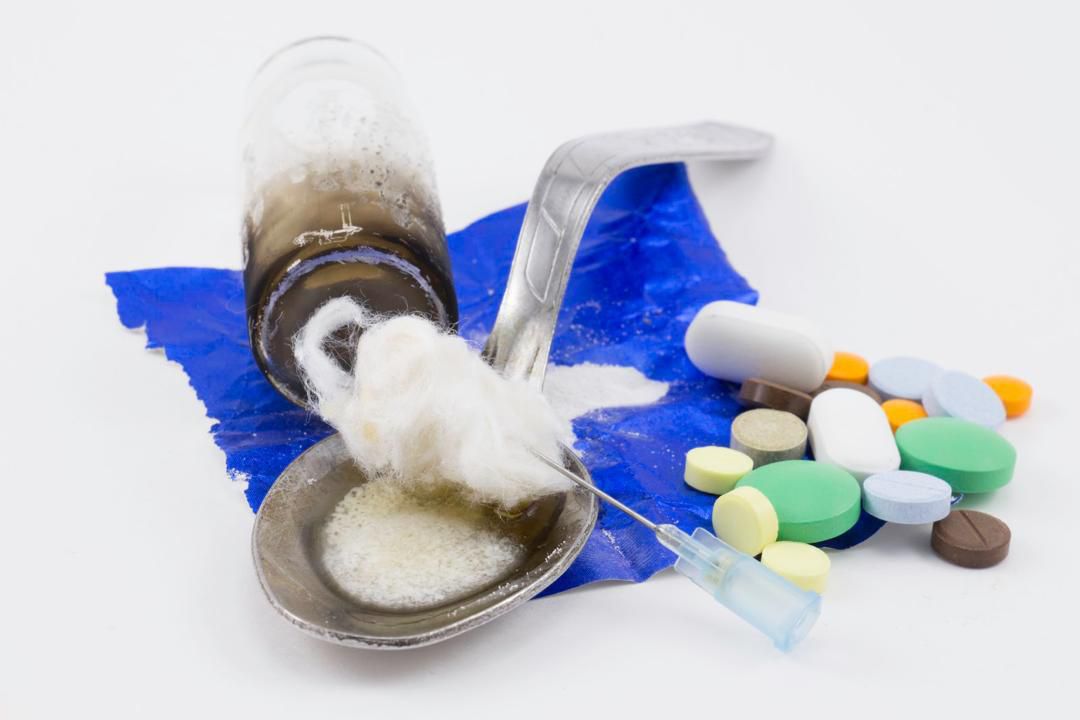
Signs Of Amphetamine Addiction
When we think of amphetamine abuse, we tend to think of illicit substances such as crystal meth and ecstasy. But the prescription drug addiction crisis in many parts of the world is showing no signs of slowing down. Furthermore, amphetamine drugs like Adderall and Dexedrine are at the top of the list of abused substances. When the use of prescription medication crosses the line into misuse, it can be all too easy to miss the tell-tale signs of amphetamine addiction.
Not only does amphetamine have high addictive potential, but it can also pose serious long-term risks to physical and mental health. The sooner you are able to recognize amphetamine addiction symptoms, the sooner you can get help for yourself or a loved one.
What Is Amphetamine?
Amphetamine is a synthetic central nervous stimulant that was touted as a cure for nasal congestion in the 1930s. Although it did not prove to be a successful remedy for that purpose, it quickly became apparent that it generated a euphoric feeling.
Over the course of the next few decades, it was marketed to several demographics ranging from soldiers in World War II to housewives in the 1960s. The medical justification for using it was “psychological tiredness”. In fact, the question of amphetamine abuse was not on anyone’s mind.
By the 1970s, though, the medical community was deeply concerned about the addictive potential of amphetamine, and laws were enacted to control its distribution and use.
Today, the only legal way to obtain amphetamine is through a prescription, and many areas in Canada and the USA have implemented strict controls to prevent misuse. The two most common conditions that amphetamines are prescribed for are attention deficit hyperactivity disorder (ADHD) and narcolepsy.
What Is Amphetamine Addiction?
Amphetamine abuse takes two forms. The first is the use of illicit drugs like ecstasy and crystal meth. The second is the misuse of prescription amphetamine drugs.
Use Of Illicit Amphetamines
Amphetamine can be ingested in a variety of ways, each of which comes with its own set of risks. Those who are looking for mild effects will simply take a tablet of something like ecstasy, while those who are craving a stronger and faster rush of euphoria will crush the tablets and snort them or inject them.
Misuse Of Prescription Drugs
Most prescription drug addiction starts with a legitimate use for a specific medical purpose. Proper use becomes misuse when:
- You are using the drugs for a purpose for which they were not prescribed
- You are using more than the prescribed amount, or are taking extra doses
- You are using medication prescribed for someone else
Related article: How to Stop Methamphetamine Addiction
What Are The Dangers Of Amphetamine Abuse?
Amphetamines can cause severe long-term physical and mental health problems. Some risk factors can manifest after a relatively short period of use, so it is important to look out for early amphetamine addiction symptoms in those who are known to be using amphetamines.
The risks to physical health include the following:
- Elevated heart rate and blood pressure, which may lead to cardiac arrest
- Muscle spasms, twitches or tics
- Elevated core body temperature, which can damage the organs and tissues
- Lack of appetite, resulting in rapid weight loss
- Sleep disturbances including insomnia
Risks to mental health include the following:
- Rapid mood swings
- Depression and anxiety, especially when you are not using the drugs
- An over-inflated sense of confidence that may result in you engaging in potentially dangerous activities
- Tactile hallucinations that can result in excessive scratching and self-injury
- Structural changes to the brain, such as damage to the dopamine receptors
What Are The Signs Of Amphetamine Addiction?
There are several signs of amphetamine abuse that you can look out for, either in yourself or in a loved one.
- Elevated heart rate and high blood pressure
- Hallucinations that are usually tactile, but can also be visual and auditory
- Rapid mood swings
- Nutritional and digestive problems, including loss of appetite, diarrhea, nausea and vomiting
- Inability to fall asleep, sometimes paired with frequent wakening
- Dental problems
- Crusted skin and blisters around the nose and mouth may indicate that drugs have been snorted
- Track marks and collapsed veins can result from intravenous use
- Anxiety and paranoia
- Irritability and aggression
Amphetamine abuse turns to addiction when the user reaches the point of not being able to function without using amphetamines. The individual may experience intense cravings and extreme fatigue that can only be alleviated through the use of the drug.
Some behavioural signs of amphetamine addiction include the following:
- The user consistently fails to meet school, work and family obligations
- The user loses interest in activities that were previously important to them
- A lot of the user’s time is spent getting the drugs, using the drugs, and recovering from using the drugs
- The individual becomes secretive about their activities and starts to spend long periods of time alone
- Relationships with friends and family members may suffer, and even break down as loved ones start to fear for their physical or emotional well-being
- Prescription drug users seek refills frequently
- Money goes missing from family bank accounts with no explanation as to what it has been used for
- The user experiences intense cravings and may become anxious and aggressive when they do not have fast access to drugs
Amphetamine Addiction Treatment
If you or a loved one are showing amphetamine addiction symptoms, you should seek help as soon as possible. The most effective help takes the form of an inpatient addiction treatment for amphetamines. This includes a rehab program that is tailored to each individual. This is broken down into three broad phases: detox, rehab, and aftercare.
Medical Detox
Amphetamine withdrawal can be intensely frightening. In fact, users who attempt to quit by themselves have a very high probability of suffering a relapse within days or even hours.
While the drug withdrawal experience varies from person to person based on the length of the addiction, the typical usage amount, and the individual’s original state of health, some common withdrawal signs include:
- Extreme fatigue
- Muscle twitches and spasms
- Dulled reaction times
- Aches and pains
- Agitation and aggression
- Insomnia and/or vivid dreams
- Depression
- Cravings
- Suicidal thoughts and actions
Because the body and mind react so strongly to withdrawal after an extended period of amphetamine abuse, medical supervision is recommended. A doctor will keep you safe and treat symptoms as they arise.
Rehab
Once detox is complete, the addict is ready to move onto amphetamine addiction treatment and rehab. Because addiction is such an individual condition that affects everyone differently, rehab is most effective when it is customized. Based on the signs of amphetamine addiction a user exhibits, the treatment will be customized.
Therapeutic modalities that are commonly incorporated in an amphetamine addiction treatment plan include:
- Individual, group and family therapy
- Creative therapy that uses music, art and dance
- Yoga, meditation and mindfulness
- Fitness and nutrition coaching
- Life coaching and life skills training
- Various education sessions and workshops
One of the primary purposes of addiction rehab is to guide the addict through the process of delving into the underlying causes of their addiction. Rehab programs also teach addicts how to cope with the stresses and rigours of daily life without needing to use drugs.
Aftercare
Amphetamine addiction treatment is not over when rehab comes to an end. For many people, recovery is a lifelong process that takes a lot of dedication and support. Most inpatient rehab facilities offer some form of aftercare, which may include some or all of the following:
- Access to an emergency support line for those who are in immediate danger of relapse
- Ongoing therapy and progress monitoring sessions
- Support and education for loved ones of addicts
- Transitional programs that allow for gradual reintegration into the real world
- Some facilities offer a second rehab stay at a discounted rate in the event of a relapse
At 1000 Islands Addiction Rehab & Treatment Centre, we provide a safe, supportive environment, qualified and compassionate staff, and fully customized addiction treatment plans for all of our clients.
If you think you might be addicted to amphetamine, or are worried about a loved one who is showing signs of amphetamine addiction, call us at 855-601-0555. We are ready to discuss your addiction treatment needs!
Related article: What Is Methamphetamine Addiction?

